Tips for living with overactive bladder (OAB)
OAB can hurt your social life, mental health and more. Here's how to cope.

If you have to urinate frequently and without enough warning, there's a chance you may have overactive bladder (OAB). While it's not necessarily a serious health problem, the anxiety, embarrassment and practical obstacles caused by OAB can be detrimental to your relationships, social life, day-to-day work environment—even your mental health.
Here's how OAB can affect six crucial areas of your life, plus tips on how to cope, manage and live boldly.

Relationships
Whether you're just starting to date or have been together a while, OAB can strain your relationship. Some with OAB may feel uneasy hanging out with a partner, avoiding dates for fear of accidents and even skipping trips so as not to reveal their condition.
To improve your love life, open a line of communication. Simply talking to your partner about the condition can alleviate your fears and make spending time together more comfortable. If you've never brought it up before, initiate your OAB conversation face to face in a private place; bring information and be open to questions. Don't bring it up for the first time in bed.
Speaking about sex…
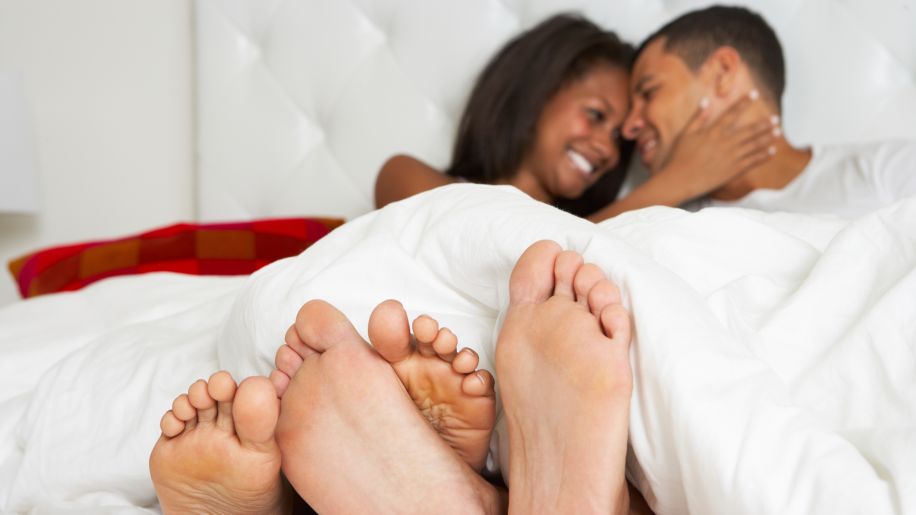
Sex
Overactive bladder can put a dent in your sex life; studies show that pain and stress over potential leakage are problematic for women, especially. To help, talk with your significant other about your worries well before you hop into bed—and be honest and forthcoming about your fears. A good partner will strive to understand, and take steps to help you cope.
Those steps may include simple, short-term answers, like towels or absorbent pads to soak up leakage. In the longer term, you and your partner can visit your doctor, who could recommend exercises like Kegels, which strengthen your pelvic floor. Your healthcare provider (HCP) might prescribe medications, as well, which can mitigate the effects of OAB.
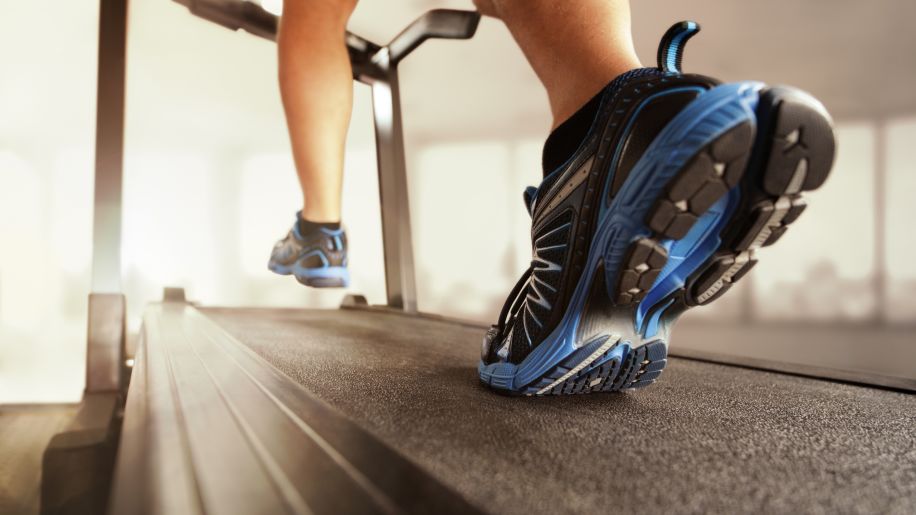
Exercise
Fitness suggestions for those with OAB can be tricky, since published advice is often for people with a different kind of incontinence—called stress incontinence—caused by pressure and movement. OAB, on the other hand, is caused by spontaneous and unintentional bladder contractions. That means that avoiding certain moves or exercises may not help you.
That said, there are workout strategies for all people with incontinence:
- Avoid drinking a lot of fluids beforehand, but don't intentionally dehydrate yourself, since concentrated pee can irritate your bladder. Drink water, and space it out as best you can.
- To soak up leaks, look for absorbent devices made for athletes. Swimmers have their own special design that can withstand the pool.
- Skip spicy foods, which do a number on your bladder.
- Know where the bathrooms are, and don't be afraid to take breaks.
Pelvic floor exercises like Kegels are a common part of OAB treatment.
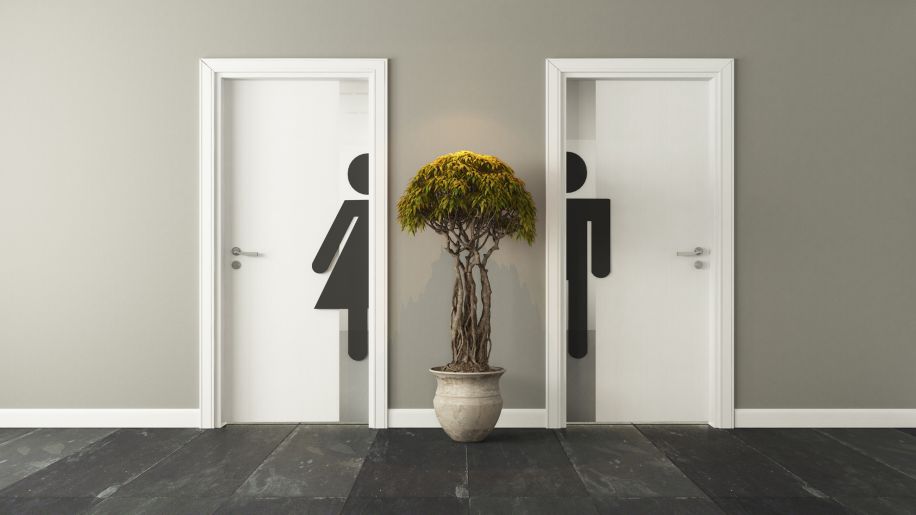
Work
Overactive bladder is a bigger problem at work than you might think. In fact, one study shows people with OAB take more sick days and have a higher risk of employee disability than those without the condition. Another found they're more likely to be unemployed.
To keep OAB from being an issue at the office, follow these three rules:
- Enlist support. Whether it's a work buddy, your boss or an HR rep, let someone know about your condition. They can help with bathroom accessibility issues and cover for you when necessary.
- Strategize. Map out restroom locations and try to snag an office nearby; sit close to doors during meetings and don't drink right before them; avoid foods that trigger OAB—especially (sigh) coffee.
- Time your trips. Scheduled voiding is often recommended by HCPs to defend against accidents. Essentially, you train yourself to urinate at certain times of the day, until you don't have to go at other times.
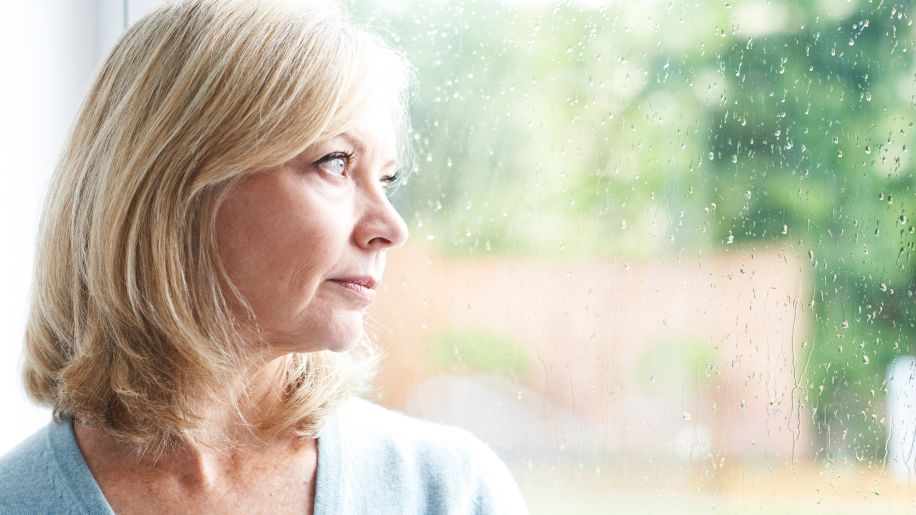
Your social life
Have you ever had trouble finding a port-a-potty at a festival? Or maybe you've stood in a long restroom line at a ballgame? Imagine having that experience every time you had to go to the bathroom.
Social settings can be excruciating for people with OAB. They may avoid travel, gatherings and making plans, and stay home to avoid embarrassment and accidents. This isolation can lead to less exercise and an increased risk of depression.
If you think OAB is affecting your social life, seek help from an HCP, who can treat your symptoms. Consider letting friends know about your condition; you'll feel better, and there's a good chance they'll want to help. Finally, as you would at work or at the gym, strategize to make the best of your time away from the house—find bathrooms, reduce fluids and use the toilet when you can.
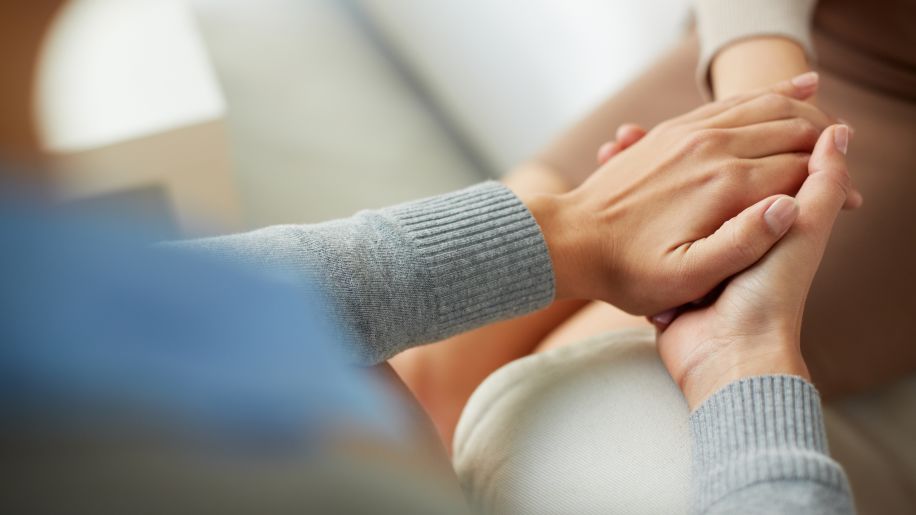
Your mental health
Depression, anxiety, loneliness, embarrassment, self-consciousness, low self-esteem, fear, anger, denial—overactive bladder is linked to every one of them. That's why it's important to address OAB's emotional effects along with treating its physical difficulties.
Receiving an accurate diagnosis from your doctor and then working to alleviate symptoms is the first step, since treating the condition—and lessening trips to the bathroom—can ease the stress surrounding your social life and relationships. You may also choose to see a therapist or counselor, who can identify other factors in your emotional health, and work with you to address them. Support groups can help, too. If you have trouble getting started, ask a friend or family member for help, and remember: with more than 33 million American suffering from OAB, you are not alone.
Featured Content


video
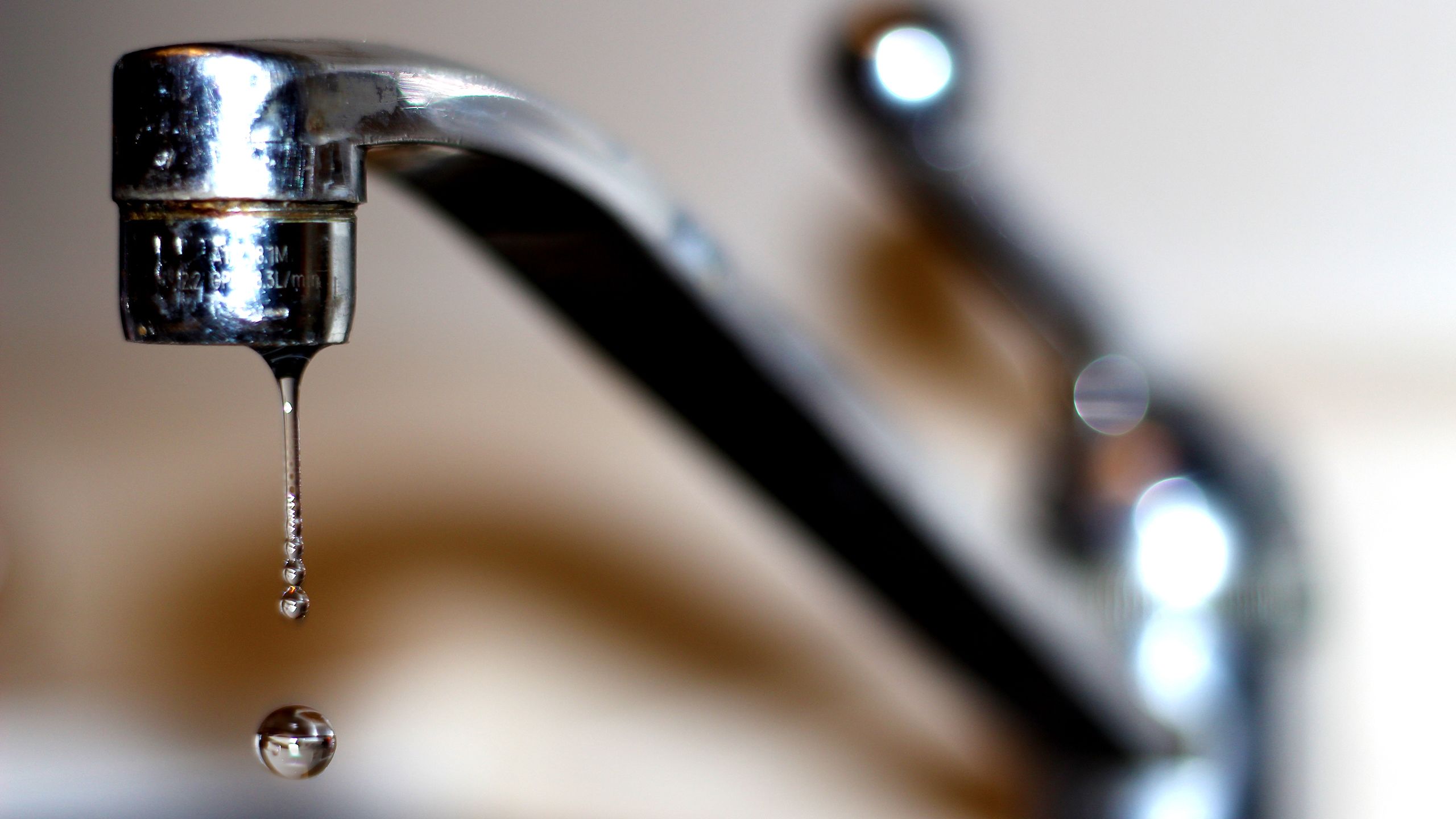
article


video
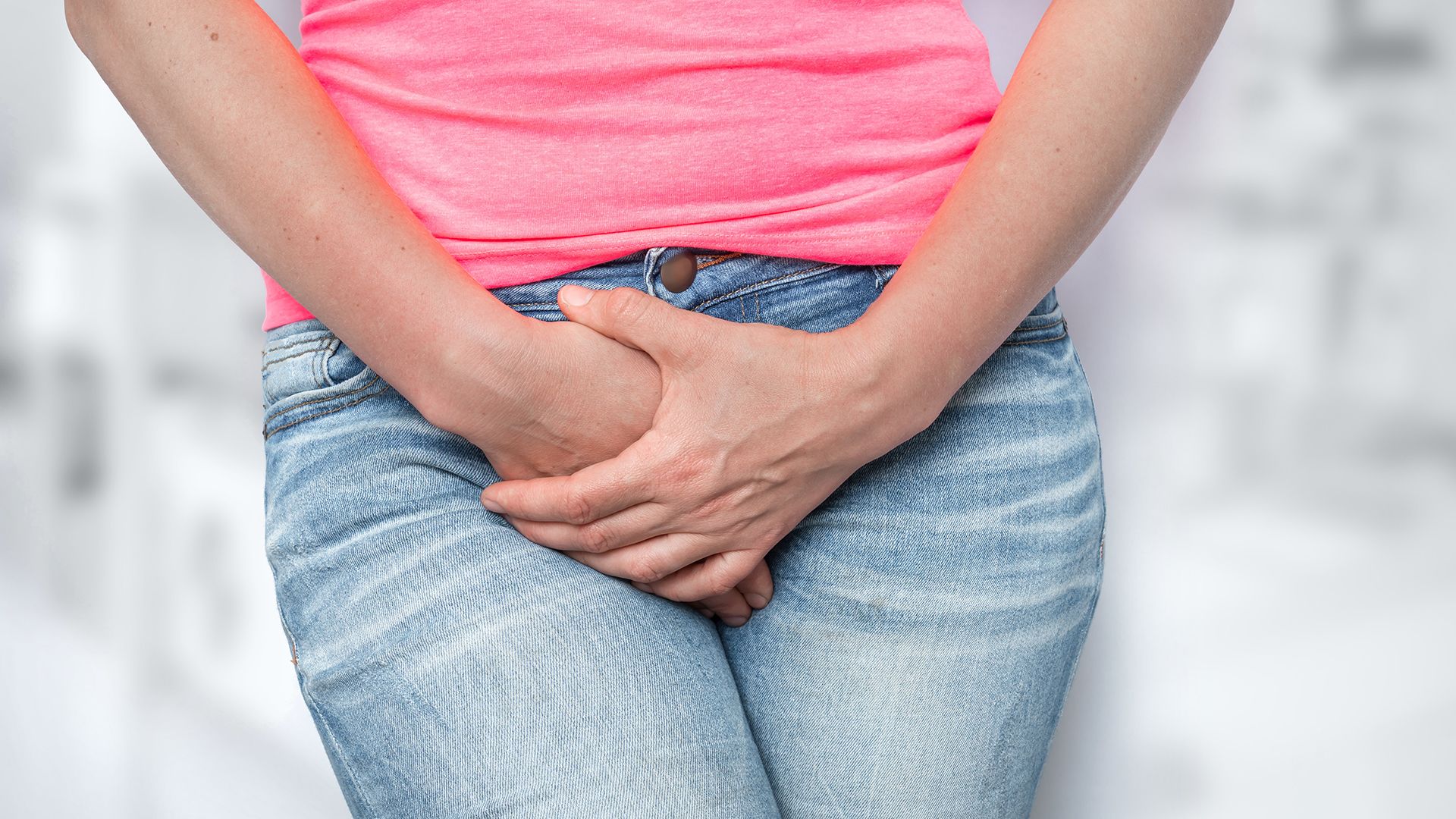
article


video
